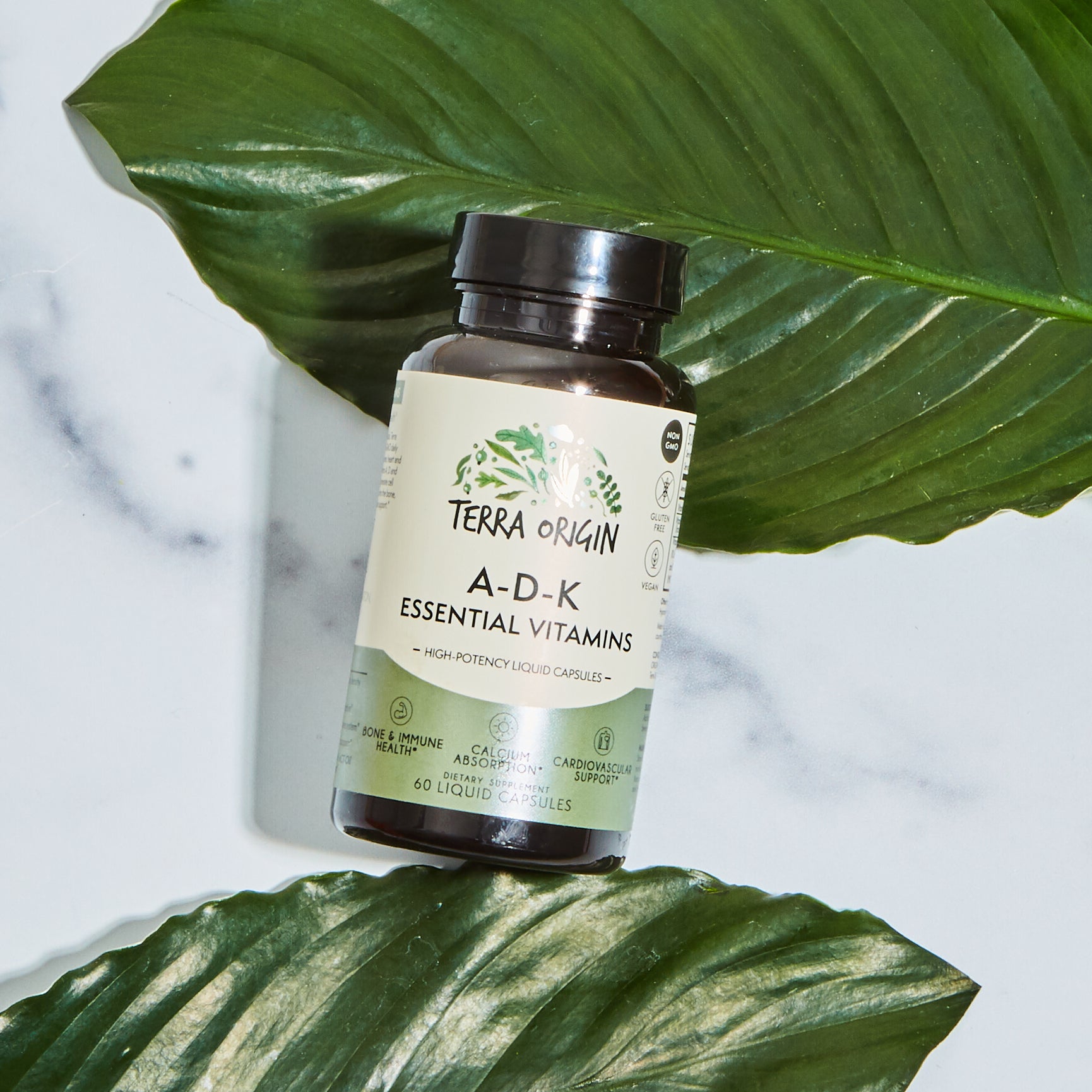What is Autoimmune Disease?

It's nearly impossible to not have at least one friend or family member these days who has been diagnosed with an autoimmune disorder or disease. We hear this term thrown around a lot, and it doesn’t seem to have a very clear set of causes or symptoms, or a definitive process for diagnosis. Yet this particular label is given to a plethora of symptoms and diseases. So exactly what is an autoimmune disease, what are the symptoms, how does it spread and what can we do to lower our risk? These questions are still being asked by scientists, doctors and specialists around the world fortunately, as numbers of sick individuals continue to rise, research is kept at the foreground. Here are some facts, statistics and the most educated deductions we currently have in regard to one of the most prevalent attacks on our health.
To understand that the immune system is not functioning correctly, we must first have an idea of how it works when everything is acting as it should. Most of our immune system is housed in our gut, around 70% actually and 80% of our plasma cells in charge of IgA antibody production. What does this mean? Well, our immune system is found in our spleen, tonsils, bone marrow, thymus and lymphatic system, all of which create and supply the body with lymphocytes, or white blood cells, either B or T, that are sent throughout the body to fight bacteria, viruses, parasites or cancer. When your body has an invader, or antigen, the T-cells go out and attack the foreign or abnormal cells while the B-cells produce antibodies targeted at the disease or illness in the body. These antibodies attach themselves to the corrupted or diseased cells as markers for the T-cells to find them and destroy them.
When the body has an autoimmune disease, the immune system starts producing proteins called autoantibodies which mistake healthy body cells as invaders or disease. These autoantibodies then attach to healthy cells directing the T-cells to attack and destroy them either throughout the body or targeting one organ, such as the pancreas with type I diabetes or the skin with psoriasis. When the autoimmune disease is systemic, like lupus erythematosus (SLE), the symptoms can be more severe and even fatal. Currently there are 80 defined autoimmune diseases with many more sets of symptoms associated with autoantibodies to be identified. There have been 23.5 million Americans recorded with confirmed diagnosis but 50 million considered to be affected or show positive symptoms. The majority of patients with autoimmune symptoms and diagnosis are women presumably due to the relationship between hormones and the immune system.
How do you lower your risk or avoid an autoimmune disease?
With a large risk factor being genetics, you may not have as much control as you like. Not only are autoimmune conditions more common in women, they also tend to run in ethnic groups and families. Lupus and scleroderma (systemic sclerosis) tend to be found more amongst African-Americans and Hispanics while Caucasians are at a higher risk for type 1 diabetes, thyroiditis and multiple sclerosis. These diseases are considered to be rare when analyzing individuals, but as a collective study, 5-9% of the population suffers. Due to most autoimmune diseases having similar symptoms and the rarity of individual diseases caused by autoantibodies, it can take years to accurately diagnose an autoimmune disorder.
Some of the most common diseases under the autoimmune umbrella are rheumatoid arthritis, systemic lupus erythematosus (lupus), inflammatory bowel disease (IBD), multiple sclerosis (MS), type 1 diabetes mellitus, Guillain-Barre syndrome, chronic inflammatory demyelinating polyneuropathy and psoriasis.
One symptom they all have in common is inflammation!
Inflammation is the body’s response to injury and disease, so where it perceives illness or a threat it will also increase heat and swelling. Many food sensitivities and allergies cause inflammatory responses as well as it being a common reaction to environmental sensitivities to things such as certain solvents, cleaning products, heavy metals, toxins or chemicals. The clear link between inflammation and autoimmune disease has led scientists to a consensus that a combination of genetic and environmental factors is what causes the immune dysfunction. That being the case, we may not be able to change our genetics, but we do have some control over our environment.
Other common symptoms are chronic fatigue, tiredness or brain-fog, pain in the joints or muscles, weakness or tremors, unexplainable weight fluctuations, insomnia, temperature intolerance, reoccurring rashes, hives or white patches on your skin or in your mouth, dry eyes, mouth and skin, hair loss, tingling or numb sensations in your extremities, digestive disorders and irregular bowel movements and for women, miscarriages or blood clots.
If you suffer from many or all of these symptoms, you most likely suffer from an autoimmune disease. While your doctor can prescribe medicines to treat your symptoms, it is unlikely that they will search for the root problem. A functional medicine physician would be the better choice as you can get relief from the symptoms while searching for the reason behind your immune dysfunction which can often be reversed if it was caused from an external factor or treated more effectively if it is genetic.
All doctors agree changes in your diet will affect the immune system.
Most functional medicine doctors all say that autoimmune disease nearly guarantees leaky gut and one affects the other, so treating your gut can be the fastest way to heal or find relief in cases of autoimmune disease. Get serious about your food! Consider an elimination diet or many say Paleo is the most successful when dealing with gut permeability. Bring in supplements that promote healing of the intestinal lining like bone broth. Provide your body with a powerful anti-inflammatory and gut rehabilitation by adding Terra Origin Bone Broth Collagen with Turmeric. Use natural healing substances like Glutamine, Glucosamine and MSM (Methylsulfonylmethane) to rebuild your digestive tract. Any one of Terra Origin Healthy Gut powders will give you the trifecta and more to restore your insides.
Another huge proponent of a healthy gut and immune system is reduced stress! When we are stressed, we are tired, our sleep is affected, our hormones are out of balance, we eat improperly and the nervous system is constantly activated. Consider calming herbs found in Healthy Inner Balance and a gentle sleep aid like Healthy Sleep.
Once you get your food and supplements in order. Start going through your house and eliminating as many chemicals, toxic household products and environmental stressors as possible. Do everything you can to bring your body back into a state of health, and you will be surprised at the results!




